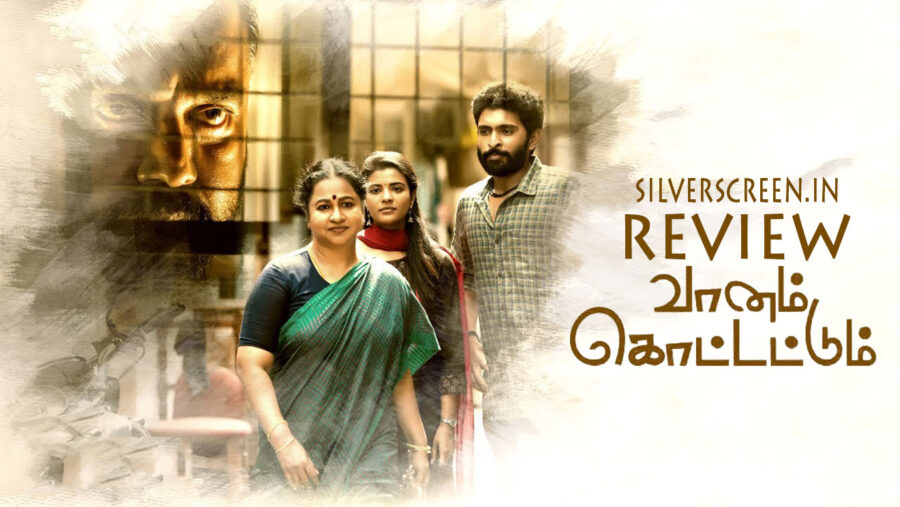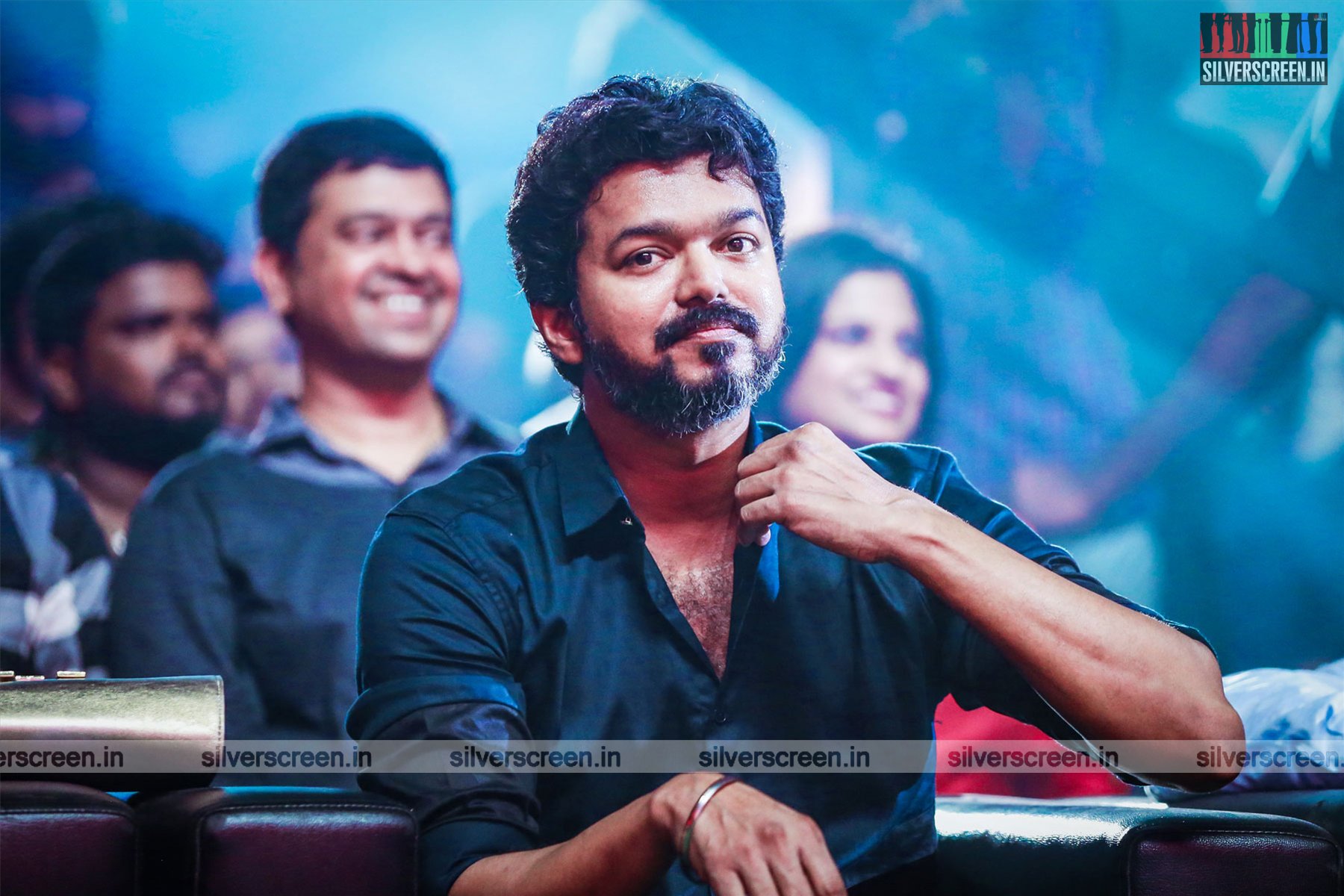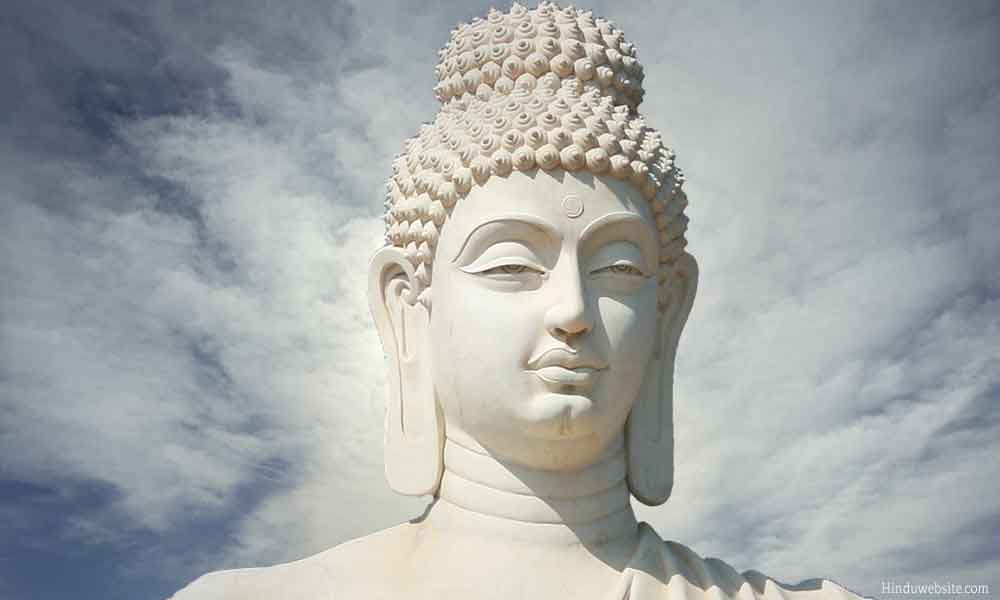Cast: Aishwarya Rajesh, Vikram Prabhu, Sarathkumar, Radhika Sarathkumar
Director: Dhana Sekaran
Is there an actress more talented than Aishwarya Rajesh, in recent times, who has been unjustifiably relegated to the sidelines, in a way that does no justice to her career? Scratch that. It happens every day to women in all industries but Aishwarya Rajesh seems to be suffering from this phenomenon more than anyone else in Tamil cinema. It’s also possible that there isn’t another actress right now in Tamil cinema, devoid of the inhibitions that come with being a potential star. She possesses a self-effacing nature that is completely counterintuitive to what you need to shine in a loud industry. But what strikes us first seeing Aishwarya on screen is the self-confidence, as stinging as the rays of the sun that Dhana employs in some scenes, that she can mould any role into the showcase that it never was on paper. Be it her early guest appearances in films like Attakathi and Kuttrame Thandanai or her delayed entry in a film like Dharmadurai, or one part of the second fiddle couple in Pannaiyarum Padminiyum, she has done this long enough to learn the subtleties.
In less than a year, Aishwarya has played the role of a sibling to two leading men. This doesn’t happen often. Neither do directors write such roles often enough, nor do actresses who want the top billing choose to do them. But Aishwarya Rajesh as the sister to Sivakarthikeyan in Namma Veetu Pillai and to Vikram Prabhu in this week’s Vaanam Kottattum, directed by Mani Ratnam’s assistant Dhana, has done just that. These are roles with more gravitas than the leading ladies of these films (she is the leading lady here), the partner who calls the shots on the leading man and Aishwarya Rajesh has made them her piece de resistance.
Vaanam Kottatum forms a confused mixture that cannot decide between a family drama, an action film and a revenge story. But Aishwarya Rajesh’s Mangai has figured it all out. She has the moxie to challenge two forces of nature in her family – her mother Chandra (Radhika Sarathkumar) and her elder brother Selva (Vikram Prabhu). Later, she (and the rest of them) must deal with a third – her father Bose (Sarathkumar). In some scenes, Mangai also has to be the manic pixie as imagined by a Mani Ratnam assistant – the one who talks in staccato, who shuns cigarettes as something for teenagers — and be the strident but sophisticated part of a friendship of desire. She switches between these notes with aplomb, notes that are discordant in Dhana’s script (co-written with Mani Ratnam). That’s probably the mark of a gifted actress.
Outside of this, Vaanam Kottatum has bigger problems. Its hero is like Agni Natchathiram’s Karthik, a tactful hothead who can charm if he chooses to, an apple that has fallen too close to the tree. Vikram Prabhu’s smouldering comes in handy here. Chandra takes the children away because Bose has gone to jail for the murder of two men, men Bose and his brother were fighting elections against. She says, “Naa poren”, she doesn’t want any part in this circle of violence and Bose replies that he’ll be no different from his forefathers. Have you heard that somewhere? Of course, you have. Vaanam Kottatum is derivative like that. This includes even the casting. As reliable as Radhika and Sarathkumar are, there is a 90s memory associated with the characters they play here. Think of Kizhaku Cheemayile for Radhika and a grocery list of characters played by Sarathkumar, beginning from Cheran Pandiyan. Maybe it is part of the charm that Dhana is going for, but it hardly translates in this film.
Vaanam Kottattum also busies itself with too many subplots. On one end, there is Selva, Mangai and their business in the Koyambedu market. It has an interesting but conflict-free trajectory to it. Then there is the strand of family conflict – Bose returning from jail and the children not used to having a father around suddenly having to deal with an overbearing presence. The film cries for more scenes in their home – what happens in that small dwelling when he’s around? What’s the evening dinner scene in this home like? What’s a morning like? A beautiful scene unfolds when Selva spots Mangai with his Telugu business partner’s son (Amitash in another Amul Baby role after Vellaiilla Pattadhari). He chases after her — his protective nature never failing his grouchiness — and Mangai tells him that she doesn’t say anything when he is with Preetha (Madonna Sebastian, part of yet another strand with no start or end). They are forced to put the brakes when they hit upon their parents out for a romantic ride. It’s a moment that encapsulates the different points everyone’s life is at, one with the weight of responsibility, another in youthful daze and two older people making up for lost time. But we don’t get enough of this.
The film then leads to Nandha (yes, that Nandha) playing a double role – twins – the issues of the man Bose murdered. One of them is painted as a pacifist but the other is intent on revenge. The latter has no dialogues for the most part and he is always lit in red surroundings. Preetha Jayaraman’s camera uses limited but vibrant colours. Red for the vengeful Nandha, blue for the family’s home and green for Selva’s business and lush fields that feed it. Like any Madras Talkies film, everything is clean and beautiful. Rarely have I seen the Koyambedu market’s commotion this orchestrated, sometimes even drowned out by the rains.
Recommended
There is an interesting confluence of religions in Vaanam Kottatum. Chandra leaves everything in Chinnamanur, Theni and arrives in Chennai with nothing but her children. The struggling family (who later do business with a benevolent Reddy) of Chandra is given a roof and a new life in a Muslim neighbourhood of Chennai (they live inside Hussain Ali Khan 1st street). Chandra also takes a job in a Muslim man’s printing press, and a lot of scenes in the film record the presence of Islam around this family wherever they go. Preetha’s family is Christian and Selva is shown as someone who is empathetic towards a family that belongs to a higher class – with a beach-facing home – but is suffering nonetheless (Mangai at one point says, maybe we should stay middle class forever), in ways worse than his own. It’s a notable choice from Dhana’s part to show Chennai as this religious melting pot that we probably don’t see as often as we should, and with its timing, it becomes one of Vaanam Kottattum’s highlight.



